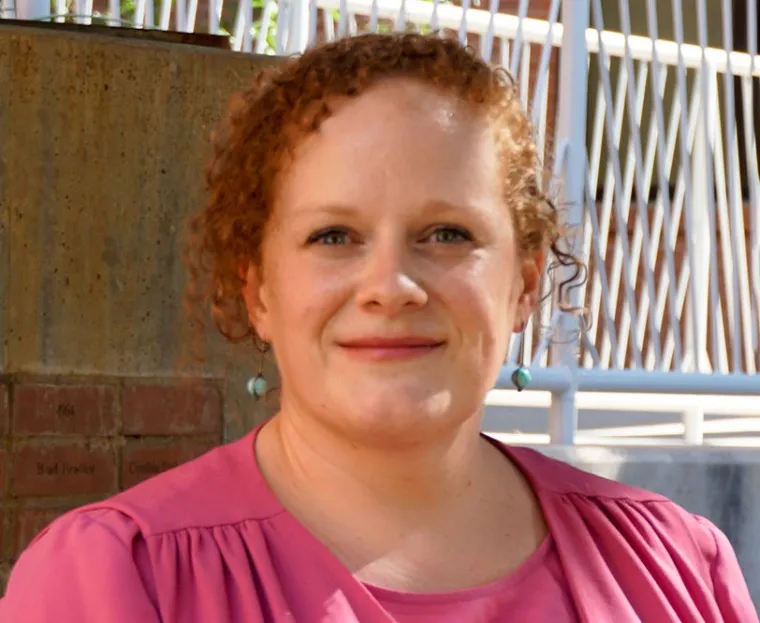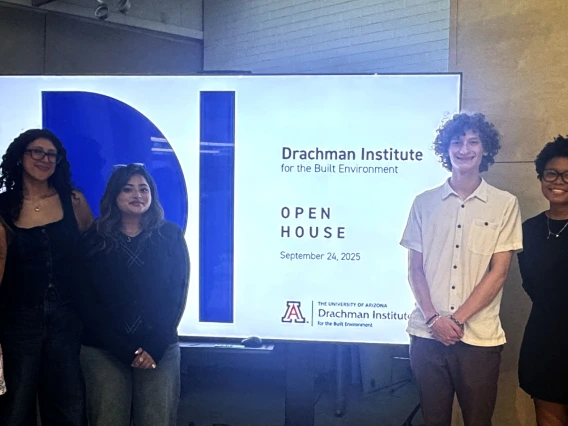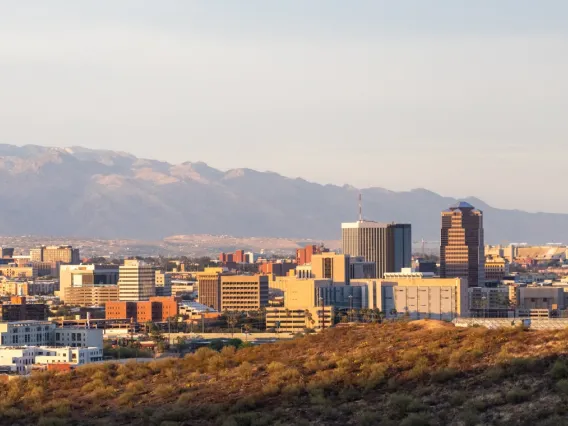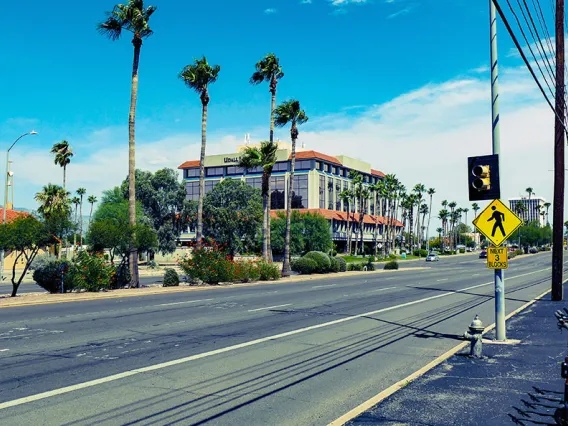Kristina Currans
Programs
-
Real Estate Development
-
School of Landscape Architecture and Planning
-
Urban Planning

Cannon Douglas/NITC House
Documents
Areas of Expertise
-
E-scooters
-
Land development
-
Off-street parking
-
Transportation
-
Transportation Impact Analyses/Studies
-
Travel Behavior
Degrees
- Doctorate in Civil Engineering, Portland State University (2017)
- Master of Science in Civil Engineering, Portland State University (2013)
- Bachelor of Science in Civil Engineering, Oregon State University (2010)
Biography
Kristina Currans PhD studies the intersection between transportation and land use development. Although she was trained as a civil engineer, her works spans between the transportation planning and engineering disciplines. Currans' research and teaching emphasizes the rethinking and redeveloping new data and methods for applications in practice to help communities plan for the places they want.
Recent and on-going research projects include:
- Operationalizing the link between off-site parking supply and vehicle demand impacts for practice. While there is substantial work that acknowledge the link between parking and vehicle demand, few have provided quantitative links that support evaluation of new land use development. This two year project will incorporate an original data collection that will help cities in California (and elsewhere) draw the connection between parking requirements and vehicle impacts for transportation impact analyses or environmental reviews [Parking Utilization and Site Level VMT Database (2019-2021, sponsor: Caltrans), PI. Currans; co-PIs: Chris McCahill and Nicole Iroz-Elardo].
- Shared electric scooter programs have disrupted small distance travel options in cities across the world, but little is understood about the safety and use of e-scooters on the ground. This project explores how e-scooters have integrated into traveler's behavior choices in terms of demand and how safely the vehicles are being used. This study is completed in partnership with the City of Tucson's pilot program efforts. [Scooting to a New Era in Active Transportation: Examining the Use and Safety of E-scooters (2019-2020, sponsor: National Institute of Transportation and Communities (NITC)), PI. Currans; co-PIs: Reid Ewing and Nicole Iroz-Elardo]
- The availability of transportation infrastructure impacts transportation choices (e.g., drive, walk, bike). While much is known about the relationship between bicycle infrastructure and shifting choices from vehicle use to bicycle use, this study aims to integrate this knowledge into regional transportation models and strategic planning tools (e.g., VisionEval). These tools allow cities to understand how varying levels of bicycling infrastructure investment might help them move toward their regional, city, and neighborhood transportation goals. [Incorporating Bicycle Activity and Vehicle Travel Reduction from Bicycle Infrastructure into Strategic Planning Tools (2020, sponsor: NITC and Oregon Department of Transportation), PI. Joseph Broad; co-PI: Currans]



